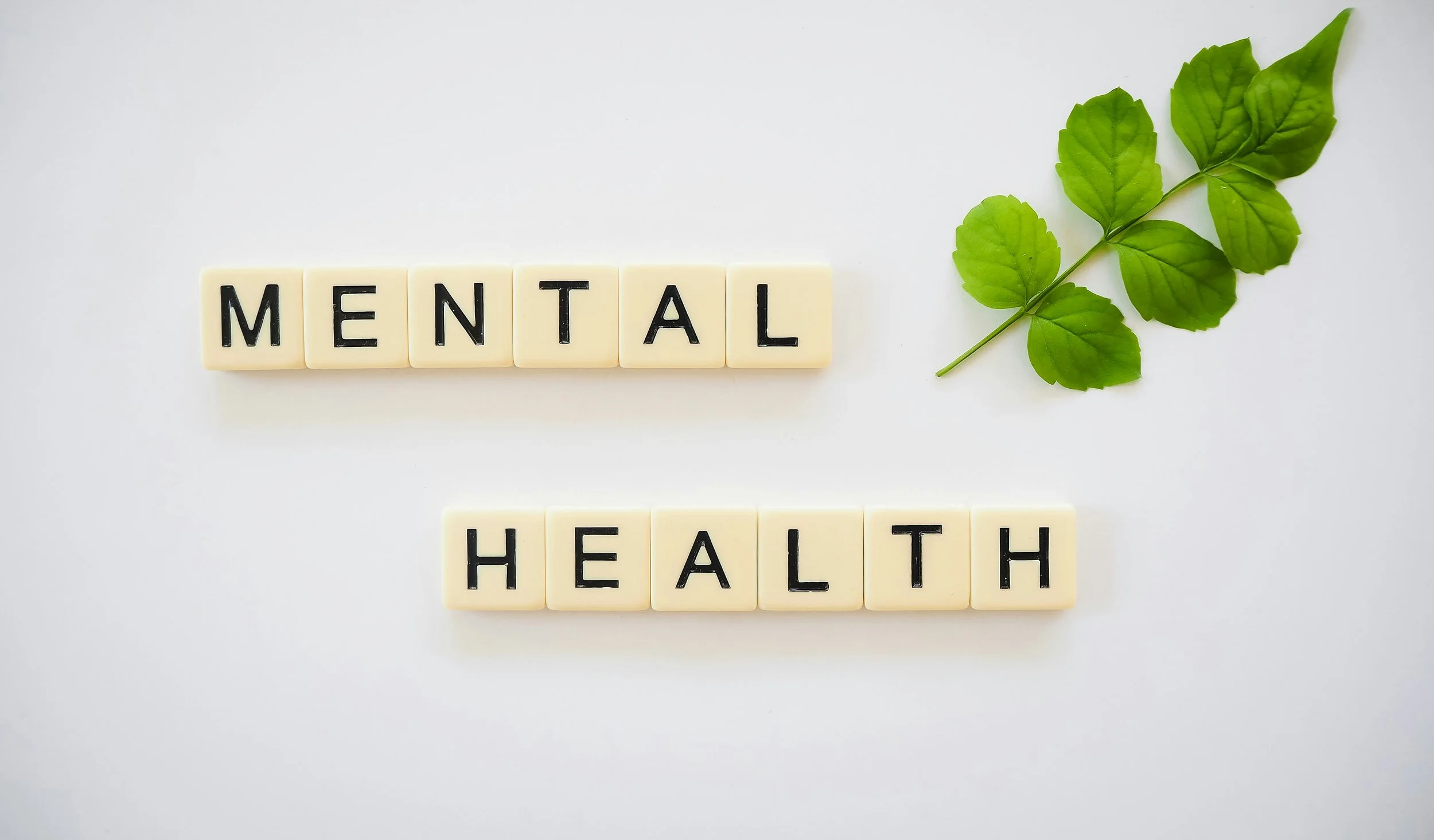NC Licensed Clinical Mental Health Counselor Defense Attorney
Defending LCMH Counselors
Receiving a complaint from the North Carolina Board of Licensed Clinical Mental Health Counselors (NCBLCMHC) can feel overwhelming. Your professional license and career is suddenly at risk, and for what?
If you are a Licensed Clinical Mental Health Counselor (LCMHC) who has received a Notice of Complaint, take a moment to breathe. The most important step you can take right now is to consult with an attorney experienced in representing counselors before the Board. With the right guidance, you can navigate the process, protect your license, and move forward with confidence.
The Importance of the Written Response
Your written response to the NCBLCMHC complaint is one of the most important parts of defending your professional license. It’s your opportunity to frame the issues, clarify the facts, and present your side of the story on equal—or even stronger—ground than the complainant. Many Board complaints contain inaccuracies, misinterpret ethical standards, or fail to capture the full counselor–client relationship. A well-prepared response helps correct these misunderstandings and shows the North Carolina Board that you take the process seriously.
Because Licensed Clinical Mental Health Counselors (LCMHCs) typically work in one-on-one settings, these cases often come down to your word against the complainant’s. This makes your written presentation and credibility absolutely critical. Your NCBLCMHC response should be detailed, professional, and supported by both factual context and the relevant ethical rules under the 2014 ACA Code of Ethics.
Working with an experienced North Carolina LCMH license defense attorney can make all the difference. An attorney can help you organize the facts, identify key ethical issues, and ensure your response to the NCBLCMHC is persuasive, accurate, and aligned with the best strategy for protecting your counseling license.
Possible Disciplinary Actions for LCMHCs
Receiving discipline through a Board or agency is like looking into a fuzzy crystal ball. It is in no way an exact science. Every case is different. With that in mind, speak to an attorney who may be able to help gauge where your discipline might fall in respect to your individual facts.
The North Carolina Board of Licensed Clinical Mental Health Counselors (NCBLCMHC) may impose one or more of the following disciplinary measures:
License denial, suspension, or revocation
Formal reprimand or censure
Probation with specific terms or conditions
Practice limitations or restrictions (such as limiting the scope, nature, or location of practice)
Required supervision by a Board-approved licensee
Mandatory examination, remediation, or rehabilitation, which may include
Ethics courses,
Continuing education, or
Professional development classes (at the licensee’s expense)
Combination of any of the above actions, as deemed appropriate by the Board
Consent Orders and Hearings
In many cases, a matter can be resolved after the written response and interview stage through a Consent Order with the North Carolina Board of Licensed Clinical Mental Health Counselors (NCBLCMHC). A Consent Order is a voluntary agreement between the counselor and the Board that outlines the findings and any disciplinary terms, allowing the case to conclude without a formal hearing.
An experienced attorney can help you negotiate the terms of a potential Consent Order to ensure it is fair and accurately reflects your situation. If the proposed terms are not acceptable, the case may proceed to a formal hearing before members of the Board. At this stage, evidence is presented, witnesses may testify, and both sides make opening and closing arguments. The hearing represents a counselor’s final opportunity to defend their license—aside from an appeal to Superior Court.
What to Expect
There are several important steps you should take right away. If you plan to retain an attorney, begin by gathering all records, notes, and correspondence related to the complainant so that you and your counsel can fully understand the situation. Next, write your own detailed account of the events leading to the complaint—this will help your attorney craft a thorough and accurate written response to the Board. It’s also wise to review the 2014 ACA Code of Ethics and identify which specific provisions the complainant alleges you violated. This will ensure you can include your own analysis of the ethical rules in your response.
Taking these steps early will help you and your attorney present a strong, well-organized response to the Board.
The Interview
After you submit your written response, the Board may request that you participate in an interview to discuss the complaint in more detail. While this meeting can take place in person, it is most often conducted virtually. It’s important to understand that this step may not occur immediately—the time between submitting your response and being contacted by an investigator can take several months. Licensees should be prepared for a slow process and remain patient while the Board reviews the materials.
Take the Next Step
Your license represents years of education, training, and experience. A single complaint or misunderstanding should not jeopardize your career.
If you are under investigation by the North Carolina Board of Licensed Clinical Mental Health Counselors or have been notified of a complaint, contact our office today. We provide free and confidential consultations. Office number: 919-616-3317.




